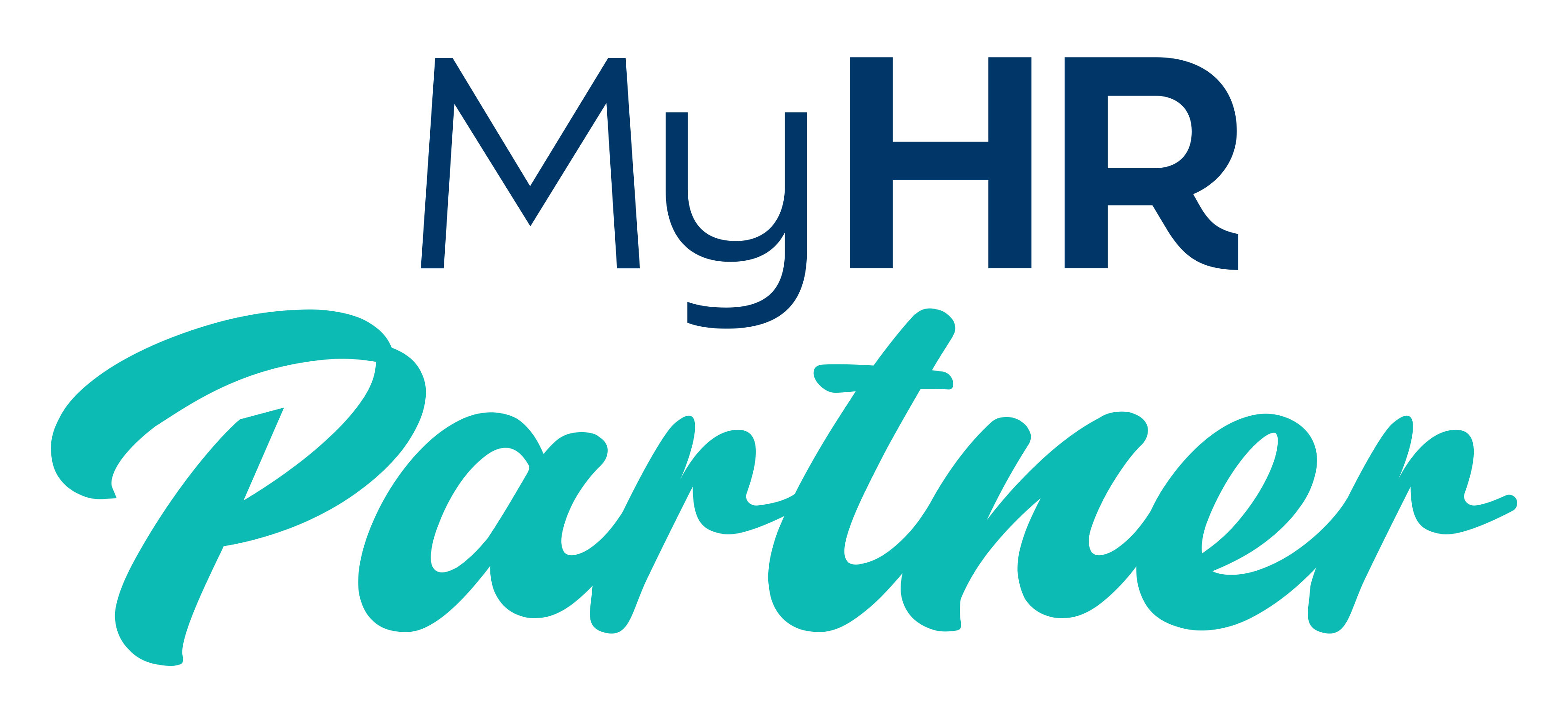Fair Use Policy
Definitions and interpretation
In the terms and conditions on this page:
• “Intellectual Property Rights” means all intellectual property rights, including copyright, patents, trade marks, design rights, trade secrets, domain names, know-how and other rights of a similar nature, whether registrable or not and whether registered or not, and any applications for registration or rights to make such an application, in all parts of the world;
• “Permitted Purpose” means the bona fide use of any provided document for genuine internal human resources purposes for you or your business solely;
• “User Documents” means all of the documents obtained from Hillen HR Pty Ltd and delivered to you via the website;
Fair Use
Without limitation to any other requirements imposed on the use of the User Documents, you must not:
• use the User Documents for any purpose or in any manner other than for the Permitted Purpose in accordance with any terms we may impose from time to time;
• use the User Documents in any way that could damage the reputation of Hillen HR Pty Ltd or the goodwill or Intellectual Property Rights of Hillen HR Pty Ltd associated with the User Documents;
• permit any third party to use the User Documents without Hillen HR Pty Ltd’s prior written consent;
• assign, sub-licence or otherwise deal in any other way with any of your rights without our prior written consent;
• disclose your password(s) to any third party;
• copy, reproduce, translate, adapt, vary or modify any User Document or create any derivative works based upon the User Documents, other than pursuant to the license granted to you under the heading “License” on this page below;
• modify or remove any copyright or proprietary notices pertaining to the User Documents; or
• engage in any conduct that, in the opinion of Hillen HR Pty Ltd at its sole and absolute discretion, indicates an intention to misuse and/or misappropriate any content of any User Documents.
Licence
Subject to the provisions under the heading “Ownership of Intellectual Property Rights” below and continued compliance with all of the provisions of our terms of use as notified from time to time, Hillen HR Pty Ltd hereby grants to you a perpetual license to keep, use and reproduce all User Documents validly produced by you in accordance with our terms of use as notified to you from time to time provided that such conduct is undertaken solely and exclusively for the Permitted Purpose.
No amendment or alteration is permitted to be made to the User Document (including any addition to, and/or deletion from, that User Document) without the consent of Hillen HR Pty Ltd.
Ownership of Intellectual Property Rights
You acknowledge and agree that:
• Hillen HR Pty Ltd does not transfer or assign any Intellectual Property Rights to you;
• your use of our site and/or client portal does not transfer or assign any Intellectual Property Rights to you;
• Hillen HR Pty Ltd owns and retains all Intellectual Property Rights in the User Documents, other than rights temporarily granted to you pursuant to the licence under the heading “License” on this page;
• Hillen HR Pty Ltd owns and retains all Intellectual Property Rights in the User Documents and you have no Intellectual Property Rights or any other rights in any part of the User Documents other than:
• the rights granted to you pursuant to the license under the heading “License” on this page above; and
• in respect of your own data.
• the rights granted to you pursuant to the license under the heading “License” on this page above; and
• in respect of your own data.
Consequences of Violation
Hillen HR Pty Ltd reserves all of its rights in relation to any breach of our terms, including any violation of this Fair Use Policy, including the right to seek injunctive relief and the right to sue for damages. Without limitation to those rights, if Hillen HR Pty Ltd finds that you have used the User Documents other than in accordance with our terms, Hillen HR Pty Ltd reserves the right to, without notice to you:
• limit your subscription; and/or
• suspend or terminate your subscription.
Our Latest Blog Post

Right to Disconnect
In an increasingly connected world, the lines between work and personal time are often blurred, leaving many workers feeling always "on call."
Recognising this, Australia has taken a significant step by introducing the "Right to Disconnect" laws. As of 26 August 2024, large businesses have been required to observe this legislation, and from 26 August 2025, it will extend to small businesses with less than 15 employees.
What is the Right to Disconnect?
The Right to Disconnect allows employees to refuse work-related communications such as monitoring, reading or responding to contact (or attempted contact) outside of their regular working hours, unless doing so is unreasonable. This legislative change aims to foster a healthier work-life balance, protecting employees from burnout while maintaining their right to personal time.
I have been reading a lot of articles about the Right to Disconnect. One person who is an employee was very upset about the new legislation stating that she had contacted her employer to say that she rejected this new legislation and wanted to be contacted outside of hours.
Others have welcomed it.
I believe that it’s good for everyone involved.
As an employer, you can still contact an employee out of hours, it’s just that they have the right to not respond. For example, if you need to contact an employee to tell them that the work location has changed (e.g. a Trades business that works at many different sites) that’s fine. But setting some guidelines could also be helpful. For example, you may ask your employees to send a quick acknowledgement back to you – a quick “OK” response or a friendly emoji.
Also, if you have an employee that is paid above Award and their contract states that they are compensated for out of hours contact, you have clear guidelines.
Key Differences for Large and Small Businesses
For larger businesses, the Right to Disconnect has already been in place since August 2024. These organisations have had to adapt by establishing clear guidelines and procedures to separate work from personal time.
For small businesses, which often operate with fewer resources, the legislation presents unique challenges, including the potential for increased administrative burdens. However, the law also offers an opportunity to improve workplace culture by respecting employees' personal time and ultimately enhancing productivity.
The Impact on Small Businesses
The introduction of this legislation for small businesses is anticipated to have varied effects. Small businesses may find it challenging to balance flexibility and the need for occasional urgent communication outside hours. However, studies suggest that respecting employees' personal time can lead to increased satisfaction and productivity. The benefits of enhanced employee engagement and loyalty could outweigh any difficulties. And, remember, it’s about the employee’s right to not answer.
Implementing the Right to Disconnect
Small businesses can take several steps to ensure smooth implementation of this law:
Develop Internal Guidelines: Clearly outline scenarios where out-of-hours communication might occur and how it should be handled.
Training and Awareness: Ensure all employees understand their rights and responsibilities regarding out-of-hours contact.
Review Employment Contracts: Update contracts to reflect the new expectations and responsibilities.
Technology Adjustments: Use technology to manage communication, such as delaying email delivery to work hours.
Conclusion
Embracing the Right to Disconnect offers small businesses an opportunity to refine their operations and improve their workplace culture. While challenges are inevitable, the potential for increased productivity, satisfaction, and a healthier work-life balance makes this transition worthwhile. For small businesses in particular, successfully implementing these changes could lead to a more loyal, motivated, and efficient workforce.
We provide HR advice and support. We have trusted partners to assist with any employment law issues
outside of our scope.
More info

Get HR Advice from our HR expert
Fair Use Policy
Definitions and interpretation
In the terms and conditions on this page:
• “Intellectual Property Rights” means all intellectual property rights, including copyright, patents, trade marks, design rights, trade secrets, domain names, know-how and other rights of a similar nature, whether registrable or not and whether registered or not, and any applications for registration or rights to make such an application, in all parts of the world;
• “Permitted Purpose” means the bona fide use of any provided document for genuine internal human resources purposes for you or your business solely;
• “User Documents” means all of the documents obtained from Hillen HR Pty Ltd and delivered to you via the website;
Fair Use
Without limitation to any other requirements imposed on the use of the User Documents, you must not:
• use the User Documents for any purpose or in any manner other than for the Permitted Purpose in accordance with any terms we may impose from time to time;
• use the User Documents in any way that could damage the reputation of Hillen HR Pty Ltd or the goodwill or Intellectual Property Rights of Hillen HR Pty Ltd associated with the User Documents;
• permit any third party to use the User Documents without Hillen HR Pty Ltd’s prior written consent;
• assign, sub-licence or otherwise deal in any other way with any of your rights without our prior written consent;
• disclose your password(s) to any third party;
• copy, reproduce, translate, adapt, vary or modify any User Document or create any derivative works based upon the User Documents, other than pursuant to the license granted to you under the heading “License” on this page below;
• modify or remove any copyright or proprietary notices pertaining to the User Documents; or
• engage in any conduct that, in the opinion of Hillen HR Pty Ltd at its sole and absolute discretion, indicates an intention to misuse and/or misappropriate any content of any User Documents.
Licence
Subject to the provisions under the heading “Ownership of Intellectual Property Rights” below and continued compliance with all of the provisions of our terms of use as notified from time to time, Hillen HR Pty Ltd hereby grants to you a perpetual license to keep, use and reproduce all User Documents validly produced by you in accordance with our terms of use as notified to you from time to time provided that such conduct is undertaken solely and exclusively for the Permitted Purpose.
No amendment or alteration is permitted to be made to the User Document (including any addition to, and/or deletion from, that User Document) without the consent of Hillen HR Pty Ltd.
Ownership of Intellectual Property Rights
You acknowledge and agree that:
• Hillen HR Pty Ltd does not transfer or assign any Intellectual Property Rights to you;
• your use of our site and/or client portal does not transfer or assign any Intellectual Property Rights to you;
• Hillen HR Pty Ltd owns and retains all Intellectual Property Rights in the User Documents, other than rights temporarily granted to you pursuant to the licence under the heading “License” on this page;
• Hillen HR Pty Ltd owns and retains all Intellectual Property Rights in the User Documents and you have no Intellectual Property Rights or any other rights in any part of the User Documents other than:
• the rights granted to you pursuant to the license under the heading “License” on this page above; and
• in respect of your own data.
Consequences of Violation
Hillen HR Pty Ltd reserves all of its rights in relation to any breach of our terms, including any violation of this Fair Use Policy, including the right to seek injunctive relief and the right to sue for damages. Without limitation to those rights, if Hillen HR Pty Ltd finds that you have used the User Documents other than in accordance with our terms, Hillen HR Pty Ltd reserves the right to, without notice to you:
• limit your subscription; and/or
• suspend or terminate your subscription.
Our Latest Blog Post

Right to Disconnect
In an increasingly connected world, the lines between work and personal time are often blurred, leaving many workers feeling always "on call."
Recognising this, Australia has taken a significant step by introducing the "Right to Disconnect" laws. As of 26 August 2024, large businesses have been required to observe this legislation, and from 26 August 2025, it will extend to small businesses with less than 15 employees.
What is the Right to Disconnect?
The Right to Disconnect allows employees to refuse work-related communications such as monitoring, reading or responding to contact (or attempted contact) outside of their regular working hours, unless doing so is unreasonable. This legislative change aims to foster a healthier work-life balance, protecting employees from burnout while maintaining their right to personal time.
I have been reading a lot of articles about the Right to Disconnect. One person who is an employee was very upset about the new legislation stating that she had contacted her employer to say that she rejected this new legislation and wanted to be contacted outside of hours.
Others have welcomed it.
I believe that it’s good for everyone involved.
As an employer, you can still contact an employee out of hours, it’s just that they have the right to not respond. For example, if you need to contact an employee to tell them that the work location has changed (e.g. a Trades business that works at many different sites) that’s fine. But setting some guidelines could also be helpful. For example, you may ask your employees to send a quick acknowledgement back to you – a quick “OK” response or a friendly emoji.
Also, if you have an employee that is paid above Award and their contract states that they are compensated for out of hours contact, you have clear guidelines.
Key Differences for Large and Small Businesses
For larger businesses, the Right to Disconnect has already been in place since August 2024. These organisations have had to adapt by establishing clear guidelines and procedures to separate work from personal time.
For small businesses, which often operate with fewer resources, the legislation presents unique challenges, including the potential for increased administrative burdens. However, the law also offers an opportunity to improve workplace culture by respecting employees' personal time and ultimately enhancing productivity.
The Impact on Small Businesses
The introduction of this legislation for small businesses is anticipated to have varied effects. Small businesses may find it challenging to balance flexibility and the need for occasional urgent communication outside hours. However, studies suggest that respecting employees' personal time can lead to increased satisfaction and productivity. The benefits of enhanced employee engagement and loyalty could outweigh any difficulties. And, remember, it’s about the employee’s right to not answer.
Implementing the Right to Disconnect
Small businesses can take several steps to ensure smooth implementation of this law:
Develop Internal Guidelines: Clearly outline scenarios where out-of-hours communication might occur and how it should be handled.
Training and Awareness: Ensure all employees understand their rights and responsibilities regarding out-of-hours contact.
Review Employment Contracts: Update contracts to reflect the new expectations and responsibilities.
Technology Adjustments: Use technology to manage communication, such as delaying email delivery to work hours.
Conclusion
Embracing the Right to Disconnect offers small businesses an opportunity to refine their operations and improve their workplace culture. While challenges are inevitable, the potential for increased productivity, satisfaction, and a healthier work-life balance makes this transition worthwhile. For small businesses in particular, successfully implementing these changes could lead to a more loyal, motivated, and efficient workforce.
We provide HR advice and support.
We have trusted partners to assist with
any employment law issues outside
of our scope.
More info
PO Box 1079
Coolangatta QLD 4225
ABN 30 644 527 015
Get HR Advice from our HR expert








